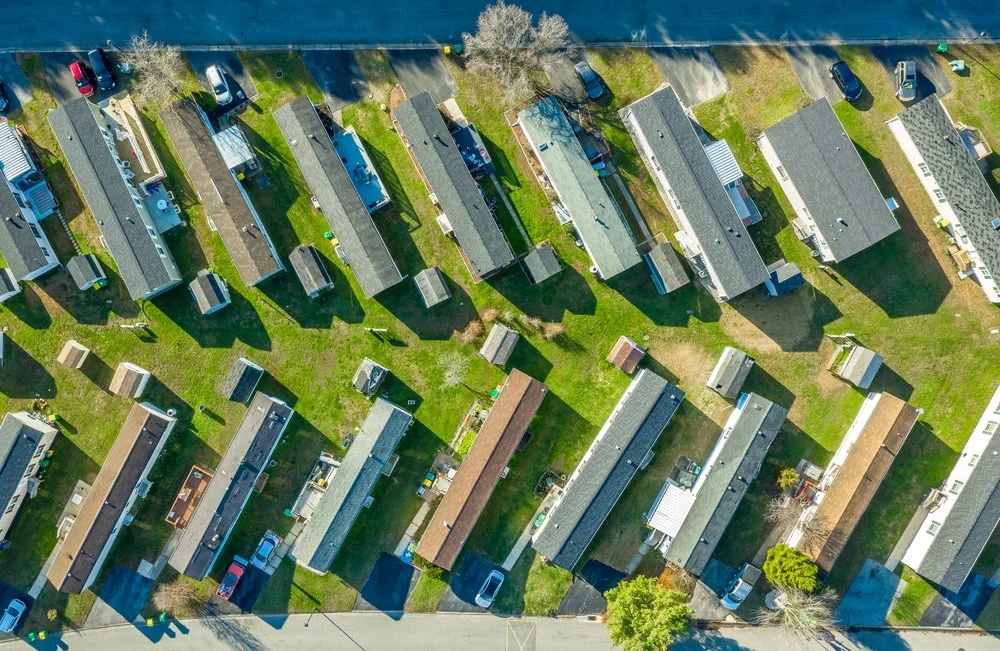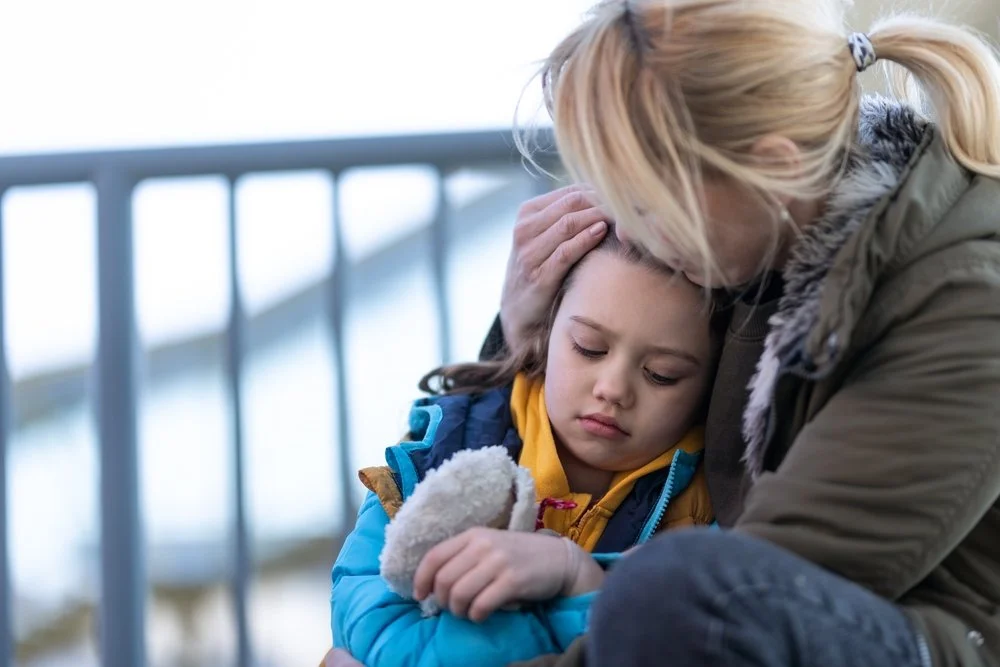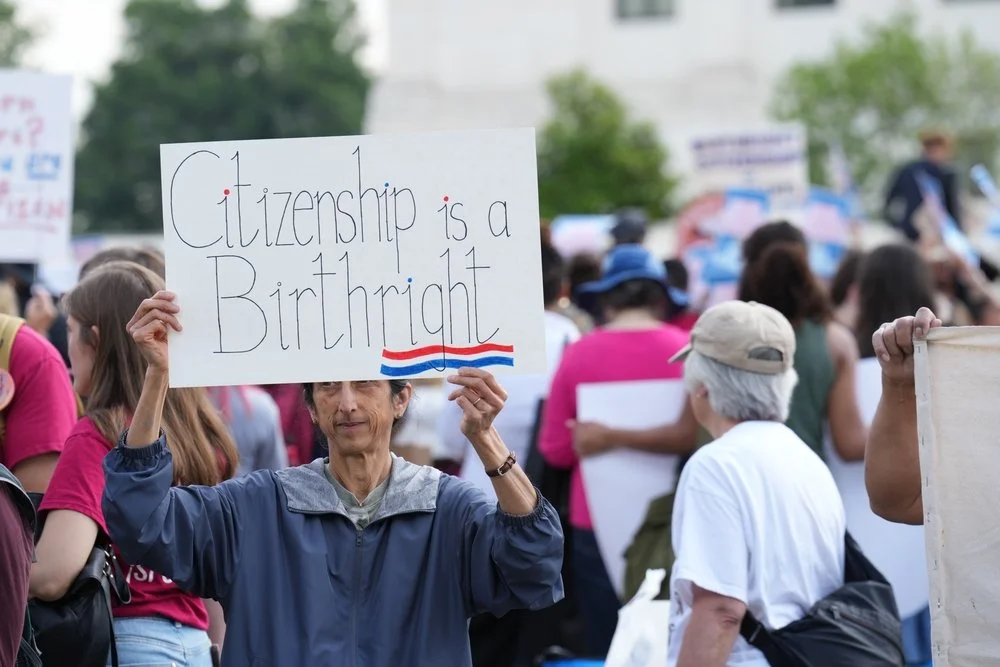News Release 8.18.2025
Impact Fund Makes Grants of $225,000
Pictured: Oil is seeping out from the sunken battleship U.S.S. Arizona at Pearl Harbor, O‘ahu. Grantee Wai Ola Alliance seeks to end the environmental contamination of Hawaiian waters.
Berkeley, CA, 8.18.2025 – The Impact Fund has granted $225,000 in its summer grantmaking cycle to fund nine impact lawsuits. These cases aim to challenge the Trump Administration’s unlawful targeting of immigrants, protect the rights of foster children and people with disabilities, seek justice for forced labor, and more.
“At a time when fundamental rights and our shared environment are under threat, our grantees are standing firm to protect communities and demand justice. We are proud to support their efforts to create lasting change,” said Impact Fund Executive Director Lindsay Nako.
Children in foster care deserve to be kept safe from further abuse and neglect.
The Impact Fund made a grant to A Better Childhood to support a class action against California’s child welfare system. The lawsuit alleges that California has repeatedly moved foster children across placements without considering their stability, placed children in unsafe homes, and failed to protect children from physical and sexual abuse. According to the case, the state has long been aware of the extensive problems within its foster system, such as dangerously high caseloads for caseworkers and inadequate vetting of foster homes, but has continued to fail the more than 5,700 foster children in its care. The lead plaintiffs in the case are foster youth from San Bernadino County, which has the second-worst record for abuse and maltreatment in foster care out of 58 counties in the state. The case aims to bring about systemic reform to California’s foster system and end the harm that foster children are experiencing.
For too long, the gun industry has been protected from legal liability, even as it helped to create an epidemic of violence.
The Brady Center to Prevent Gun Violence received a grant to support an impact case on behalf of the city of Gary, Indiana, against gun manufacturers and dealers for contributing to the city’s gun violence epidemic. The city's homicide rate has historically exceeded that of the nation as a whole, and a majority of the crime guns used in Gary can be traced back to a small number of gun dealers who fuel gun trafficking in communities of color. This litigation has been ongoing since 1999 despite the gun industry’s numerous attempts to dismiss it. The goal of the case is to hold the defendants accountable for the gun violence plaguing Gary and to challenge federal and state laws that shield the gun industry from legal liability.
Mobile home parks are an important source of housing for low-income people in the U.S., and rent stabilization ordinances help keep them affordable.
A grant was made to Centro Legal de la Raza to support an intervention by mobile home park residents in San Leandro, California, in a case challenging the park’s unlawful rent increases. In July 2019, San Leandro passed a rent stabilization ordinance that limits the amount and frequency of rent increases at mobile home parks across the city. However, the corporation that owns the park is seeking to raise rents above the permissible amount, arguing that it should not have to comply with the ordinance. The majority of residents are low-income, elderly, and/or have disabilities, and if the park owner is allowed to increase rents, many residents risk losing their homes. Our grant supports two residents who are intervening in the case to ensure that the interests of the park residents are considered in this case seeking to establish that the park is indeed covered by the rent stabilization ordinance.
Immigrants from Ukraine (pictured) and other countries experiencing violence and instability rely on legal status in the United States for their physical safety.
Coalition for Humane Immigrant Rights received a grant to support a multi-plaintiff case against the U.S. Department of Homeland Security for planning to deport immigrants who have received a humanitarian parole status from the government and are legal residents. The Biden Administration previously created programs to provide legal status for immigrants from Afghanistan, Haiti, Ukraine, Cuba, and other countries experiencing violence and instability. The Trump Administration has now terminated the humanitarian parole status of these immigrants and intends to use an expedited removal process to deport them to their countries of origin. According to the case, this plan, if implemented, would violate due process rights that are protected by the Constitution and endanger the lives of hundreds of thousands of immigrants. The case seeks an injunction to stop the administration from carrying out this plan.
Texas’s state mental health system has a long waitlist, resulting in people being housed in jails for months or even years.
The Impact Fund also provided a grant to Disability Rights Texas to support a class action on behalf of people in Texas who were forced to remain in jail although they were found unable to proceed with a criminal trial due to their mental health disabilities. The plaintiffs received court orders to be committed to mental health facilities to receive treatment before they could stand for trial. However, Texas’ state mental health system is overcrowded and has a significant waitlist, and as a result, the plaintiffs were housed in jails for months or even years as they waited for beds to become available in mental health facilities. The case argues that these conditions violate due process rights under the Fourteenth Amendment, as the plaintiffs were incarcerated for indefinite periods of time despite not being convicted of a crime.
Birthright citizenship is guaranteed by the U.S. Constitution.
LatinoJustice PRLDF received a grant to support a civil rights case challenging the Trump Administration’s efforts to revoke birthright citizenship. In January, President Trump issued an executive order denying U.S. citizenship to children who were born in the U.S. to parents who lack documentation or are in the country on a temporary visa. According to the case, this executive order clearly contradicts the right to birthright citizenship, which has been guaranteed in the Constitution since the Fourteenth Amendment was ratified in 1868. Denying U.S. citizenship to these children would leave them vulnerable to deportation and deprive them of the legal benefits and protections that come with U.S. citizenship, including access to social services, healthcare, and education. The goal of the case is to prevent the enforcement of the executive order and preserve the constitutional rights of children born in the U.S.
The O’Neill Institute for National and Global Health Law at Georgetown University received a grant to support an international human rights case challenging the forced institutionalization of people with disabilities at the Federico Mora National Hospital in Guatemala, the nation’s only public mental health facility. For decades, patients at the hospital have suffered severe overcrowding in unsanitary conditions, as well as serious human rights abuses such as sexual violence, torture, and even death. According to the case, the hospital’s dangerous conditions represent Guatemala’s systemic failure to provide adequate care and treatment for people with mental health disabilities. The goals of the case are to close the hospital, obtain reparations for the thousands of people institutionalized there, and significantly reform Guatemala’s mental healthcare system.
Oil and gas companies should never rely on forced labor and wage theft to make their profits.
Radford Scott LLP, a public interest law firm, received a grant to support a class action on behalf of migrant workers in Louisiana against two oil and gas companies for forced labor, unsafe working conditions, wage theft, and housing discrimination. When the plaintiffs in the case were not working in their dangerous jobs for very low pay, they were confined to cramped and unsanitary living quarters—often without adequate medical care or enough food for weeks at a time. The case seeks to challenge the coercive tactics used to exploit low-wage immigrant workers, hold the defendants accountable for labor trafficking, and recover the pay that the workers are owed.
Pictured: Oil is seeping out from the sunken battleship U.S.S. Arizona at Pearl Harbor, O‘ahu, Hawai‘i.
Finally, a grant was made to Wai Ola Alliance to support an environmental justice case seeking to end the widespread contamination of drinking water in O‘ahu, Hawai‘i. The island is home to the largest military storage facility in the country, which has discharged at least 200,000 gallons of toxic chemicals into the surrounding waters. This pollution has contaminated an aquifer that is the sole source of drinking water for nearly 80% of the island’s residents, endangering the health of the local community. In response, an alliance of Native Hawaiian community leaders, social justice activists, and elected officials filed a Clean Water Act enforcement action against the U.S. Navy, which owns and operates the facility. The goal of the case is to close the facility in a timely and safe manner and to ensure community oversight of the de-fueling and closure process.
Elissa Gershon, Chair of the Impact Fund’s Grant Advisory Committee, said, “From defending clean water to protecting civil rights, our grantees are on the front lines of the fight for equality and sustainability. We are honored to stand beside them in this critical work.”
About the Impact Fund
The Impact Fund was founded in December 1992 to help advance economic, environmental, racial, and social justice through the courts. Originally envisioned as a purely grantmaking organization, the Impact Fund has made 814 grants totaling $10,459,129. Click here for Grant Criteria and information about Grant Deadlines.
Since its inception, the Impact Fund has grown to include both advocacy and education in its range of services. Today, the Impact Fund litigates a small number of cases directly, authors amicus briefs, provides a substantial amount of consulting to civil rights practitioners free of charge, and presents an annual conference for plaintiff-side class action practitioners, a training institute for budding public interest class action practitioners, and numerous seminars and webinars. Click here for the 2024 Annual Report.
What Is Impact Litigation?
Impact litigation is a lawsuit, often a class action, where the outcome of the case may have effects that reach beyond the parties to the case and advance economic, environmental, racial, and/or social justice for a community or a larger group of people who may not have access to the courts on their own.
Production Credits
Writer: Sanjana Manjeshwar
Editors: Amy Daniewicz, Teddy Basham-Witherington
Web Producer: John Henry Frankel
Web Editors: Amy Daniewicz, Teddy Basham-Witherington, Lindsay Nako









